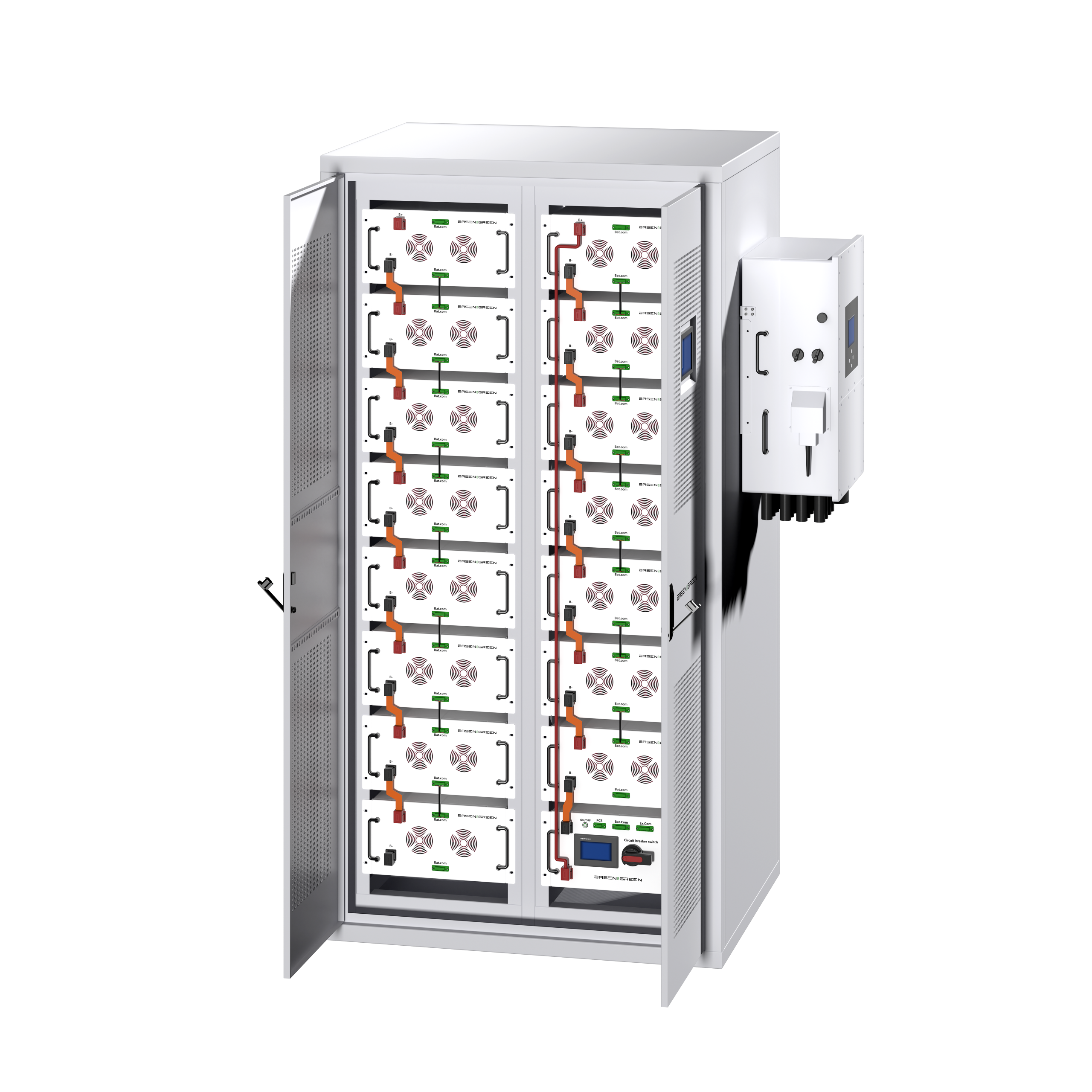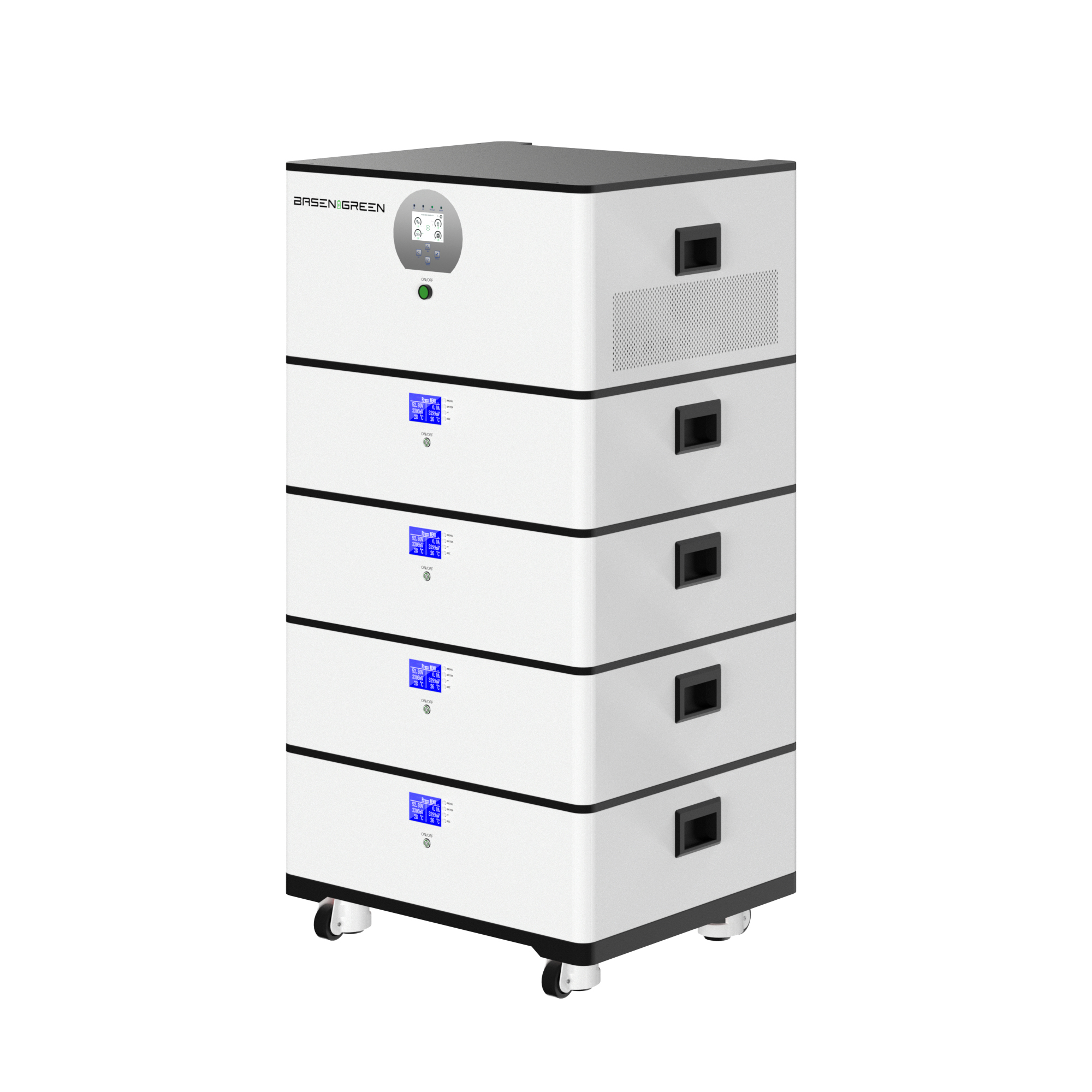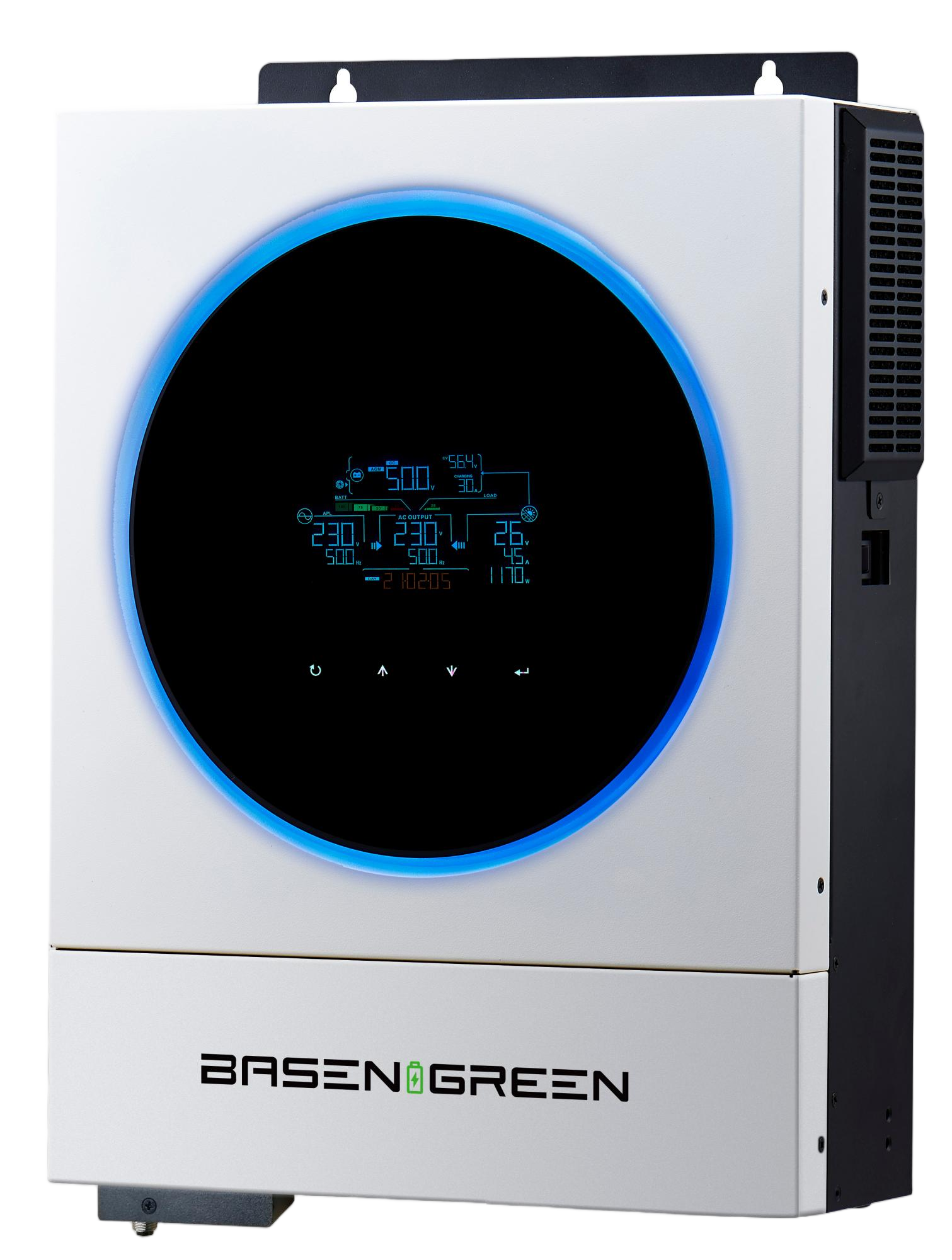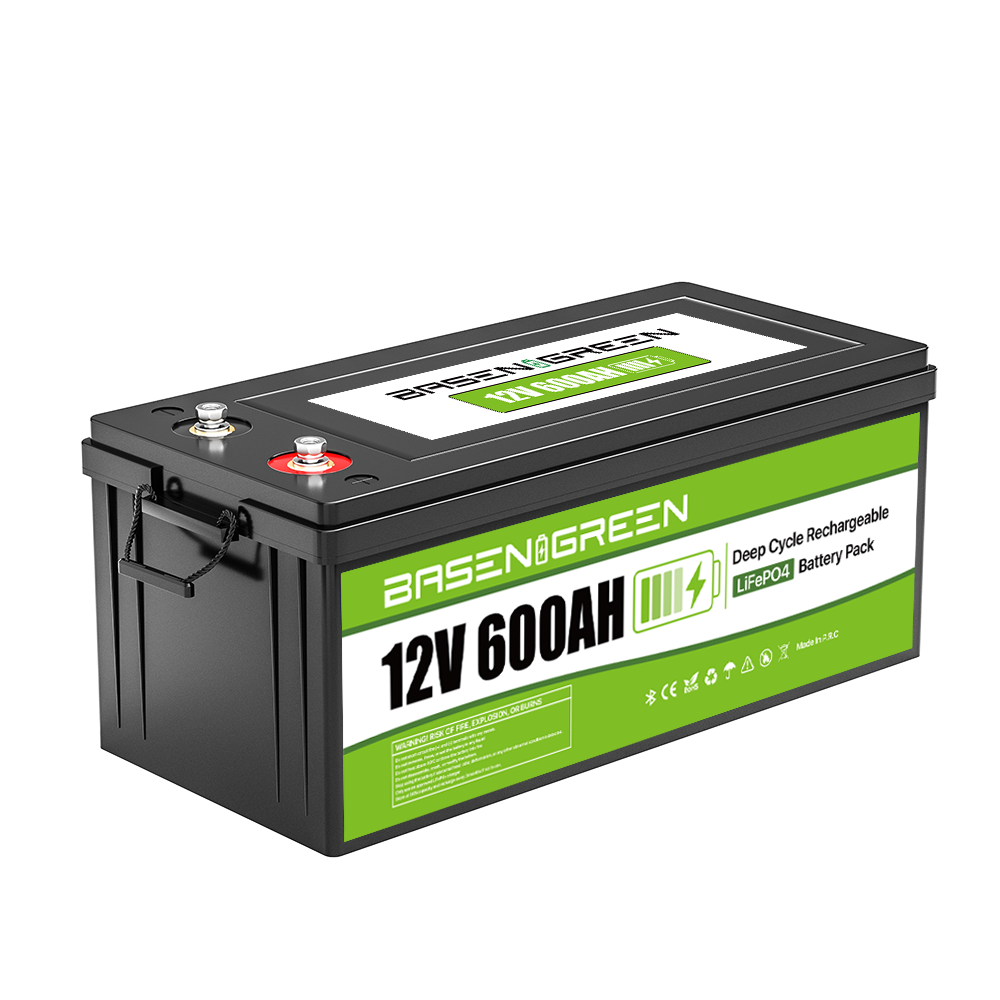Recently, Israel’s Ministry of Energy released the 100,000 Solar Roofs Program, a plan to install solar systems on 100,000 residential rooftops by 2030, including 5,000 in apartment buildings, amounting to 1.6 GW. This will further increase Israel’s solar energy capacity, helping to achieve the government’s goal of providing 30% of its electricity from renewable sources by 2030, as well as the government’s goal of providing 30% of its electricity from renewable sources by 2030. 2030 to provide 30% of its electricity from renewable sources.

Israeli Energy Minister Eli Cohen told a press conference that investing in rooftop photovoltaics will yield high returns of 15% per year for 25 years. He emphasized that households that choose to invest their money in banks instead of solar projects are missing out on the opportunity to grow their wealth! Installing photovoltaic modules allows rooftop owners to enjoy additional financial income, consume electricity during emergency hours and enhance the energy security of the Israeli state, while providing pollution-free electricity for the health of all citizens, he said, “Israelis are not willing to be the wrongdoers.”

Flexible loan and tariff options
In an effort to lower the barriers to solar system installation, banks will provide 100% loans to households, viewing them as safe investments. Meanwhile, the Israel Electricity Authority (IEA) will approve new tariff options on February 25 to make lending more attractive.
- Those who do not wish to take out a long-term loan have the option of shortening the repayment period: from six to five years for private homes and from five to four years for apartment buildings.
- Tariffs are linked to the Consumer Price Index (CPI) for customers who want their loan interest payments to match their tariff revenues.
- The third is the existing option: regardless of future fluctuations in market tariffs, customers will sell their electricity at a fixed price of 48 agora (about 13 cents)/kWh for 25 years.
Regardless of which option is chosen, private homes with 15kW systems will earn an average of NIS 13,000 (about $3,650) per year from the tariff, and apartment buildings with 30kW systems will earn about NIS 25,000 (about $7,000) per year, government officials said.
Current real estate improvement tax exemptions continue to apply
The current solar system is equipped with a hybrid inverter that allows the user to disconnect from the national grid in the event of a grid failure or emergency and independently draw power from the photovoltaic modules on the roof. Equipped with energy storage, this power will last through the night.
The mandatory installation of solar panels will be mandatory for new homes of 100 square meters (1,076 square feet) and above, and will also apply to non-residential buildings. The mandatory installation for residential buildings is currently in the review stage. The planning department approved the regulations last August, but the Home Office still needs to sign off on them.
Development of tax incentives
Only a small number of residential buildings in Israel have installed solar energy systems due to a variety of obstacles, one of which is the inability of residents’ committees to obtain bank loans. (Residents’ committee: refers to a management team comprised of residents of a neighborhood or apartment building, such as the maintenance of the building’s facilities, the sharing of management costs, and other common matters. In this context, residents’ councils often need to finance the solar energy system for the entire building.)
DOE is seeking to address this issue and is considering subsidizing loans for apartment buildings.
Currently, the annual subsidy for the installation of solar systems in private homes and apartments does not exceed NIS 27,000 (just under $7,600). And where small systems are installed in private homes, their tariff revenues are usually lower than this tax-free cap, so these households are not taxed on their solar income. In order to level the playing field, the government is studying new regulations that it hopes will expand the tax exemption for residential construction and allow more households to take advantage of the tax benefits.
Accelerated grid access
Israel’s Ministry of Energy has opened a “green channel”: any home with a 15kW system can be connected to the grid quickly, reducing the cumbersome and time-consuming approval process.
The Israeli Ministry of Energy’s 100,000 Solar Roofs Program creates a sustainable wealth-growth model for households. Driven by the triple force of financial innovation, technological upgrades and policy guarantees, the program deeply integrates individual interests with national strategies, enabling every citizen to participate in, and become a beneficiary of, the green energy revolution.






